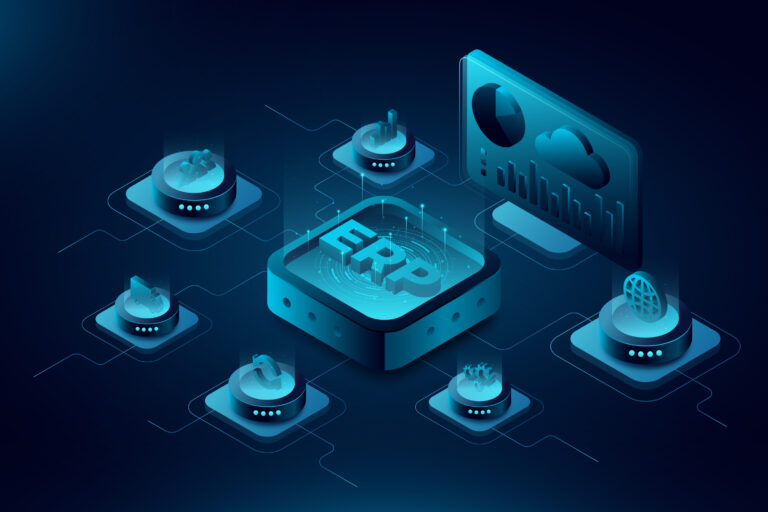
Triyam specializes in assisting organizations in migrating and archiving data from legacy systems and ERPs. Our solutions go beyond the ordinary, empowering businesses to decommission outdated systems, save costs, and effortlessly meet stringent data retention requirements.
Enterprise Resource Planning (ERP) systems handle vast amounts of data critical to business operations. Effective ERP data archiving ensures that historical data is securely stored, easily retrievable, and compliant with various regulations. This guide outlines the best practices for ERP data archiving in the US, focusing on compliance and operational efficiency. ERP data archiving involves transferring infrequently accessed data from the active ERP system to a long-term storage solution. This process helps maintain ERP performance, reduce storage costs, and ensure data compliance.
What is ERP Archiving?
Enterprise Resource Planning (ERP) systems serve as the backbone of organizations, seamlessly integrating various business processes. Over time, these systems accumulate vast amounts of data, leading to performance challenges, increased storage costs, and compliance concerns. Triyam’s ERP archive “Fovea Box” is designed to address these issues, ensuring optimal system performance, enhanced data security, and streamlined compliance management.
Contact us today to archive your legacy ERP data
Several data retention and archiving regulations govern businesses in the US, including:
Sarbanes-Oxley Act (SOX): This act requires financial records to be retained for a minimum of five years.
Health Insurance Portability and Accountability Act (HIPAA): HIPAA mandates the secure storage and privacy of health information.
General Data Protection Regulation (GDPR): While a European regulation, GDPR affects US companies handling EU citizens’ data. It requires them to implement data protection and privacy measures.
IRS Requirements: The Internal Revenue Service mandates the retention of financial records for varying periods, generally between three to seven years.
Key Benefits of ERP Archiving
- Improved System Performance
- Enhance the speed and efficiency of your ERP system by archiving historical and unused data.
- Optimize system resources for increased productivity and user satisfaction.
- Enhanced Data Security
- Safeguard sensitive information with secure archiving processes.
- Ensure compliance with industry regulations and data protection standards.
- Efficient Compliance Management
- Simplify compliance efforts by archiving and managing data in accordance with industry regulations.
- Facilitate audit processes with organized and easily accessible archived data.
Fovea Box
- ERP archiving is essential for managing historical data efficiently, ensuring compliance, and maintaining system performance. By following best practices and leveraging appropriate technologies, organizations can effectively archive ERP data, preserving it for future use while optimizing current system operations. At Triyam, we understand the unique challenges organizations face in managing ERP data. Our tailored ERP archiving solution “Fovea Box” is designed to:
- Address Storage Challenges: Effectively manage and reduce storage costs associated with ERP data.
- Ensure Data Integrity: Preserve data integrity while optimizing system performance.
- Customized Solutions: Tailor our archiving solutions to meet the specific needs of your organization.
Interested in Triyam’s ERP archival solution for your organization?
Reach out to our team at Info@triyam.com or give us a call at 855-663-2684.
